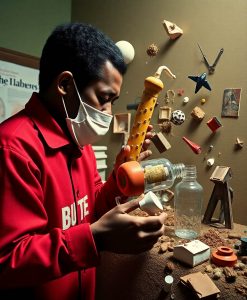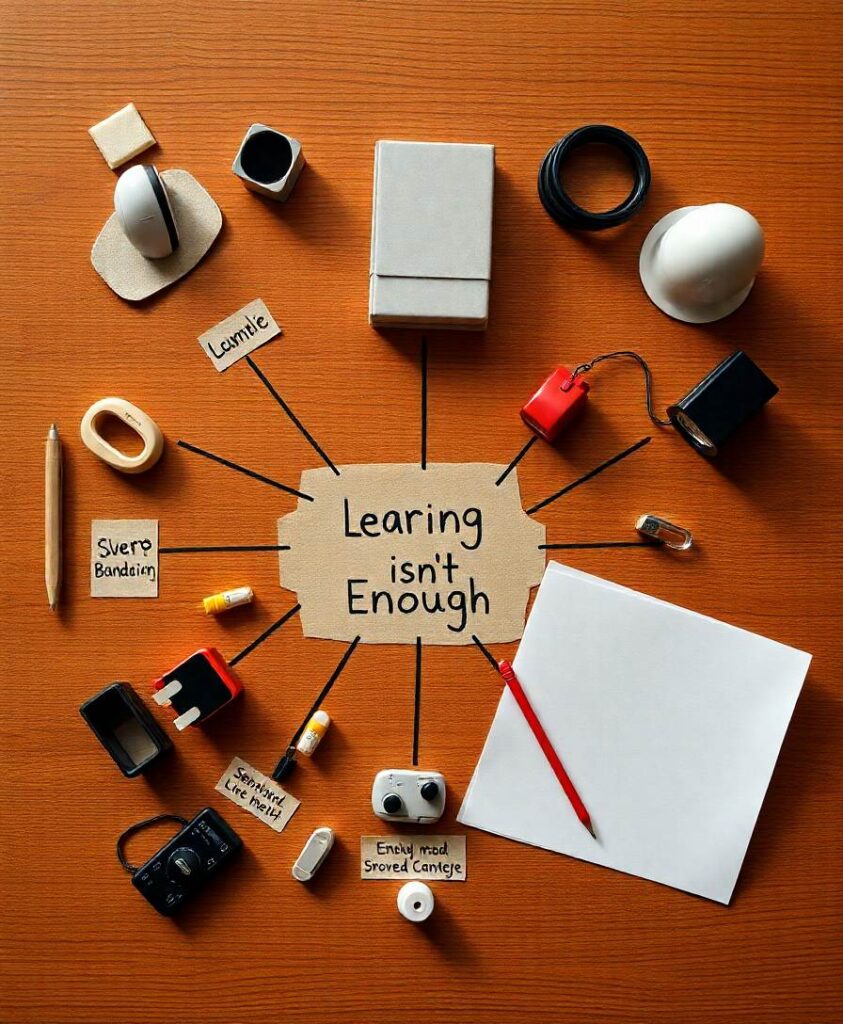Imagine standing on the edge of a fragile community, where the air is thick with the weight of unspoken fears and silent struggles. You can feel the tension in the air — a quiet, almost imperceptible shift that signals help might be slipping away. Maybe you’ve noticed how the local clinic’s supplies are dwindling, or how the community’s resilience is being tested in ways it hasn’t faced before. That sense of vulnerability, born from the loss of external support, is a visceral experience that many affected populations live through every day.
Now, consider what it’s like for health workers and aid organizations caught in this turbulent landscape. When a major supporter like the United States reduces its aid, it’s not just a political decision; it’s a wave that ripples through the very fabric of crisis response. The immediate impact can feel like the foundation beneath their feet is shifting — resources become scarcer, and the ability to respond swiftly to outbreaks or emergencies diminishes.
For communities already teetering on the brink of health crises, this reduction in aid can mean the difference between containment and catastrophe. Vaccination campaigns that once reached every corner might slow down, leaving vulnerable populations exposed. Basic medicines and clean water initiatives could falter, turning minor health issues into major threats. The human toll is often unseen, but the physical sensations of anxiety, fear, and helplessness become all too real for those living through it.
Understanding the real impact of aid cuts on global health emergencies

Reducing foreign aid during a health crisis doesn’t just mean less money — it’s a profound disruption in the ongoing effort to save lives. When international support wanes, the ability to coordinate large-scale responses diminishes, and the sense of security that communities rely on starts to erode. Aid organizations, who often operate under tight constraints, feel this pressure acutely. Their teams might experience a sense of urgency mixed with frustration, as they see the growing needs around them with fewer resources to meet them.
Those of us who care deeply about global health can try to imagine what it’s like to be on the ground, witnessing the slow unraveling of progress made in fighting disease outbreaks or improving sanitation. The physical sensations of worry, the tightness in the chest when supplies run low, and the constant balancing act of doing more with less become familiar to many aid workers and community members.
What does this mean for our shared future? It underscores how interconnected our health and humanitarian efforts truly are. When aid is cut, the ripple effect can lead to longer, more complicated health crises that affect entire regions. The urgency isn’t just about political decisions; it’s about the tangible, human experiences of those caught in the crossfire of global policy shifts.
In a world that often feels vast and disconnected, recognizing the immediate human impact of aid reductions can inspire us to support sustainable, inclusive approaches to health crises. It’s about nurturing a global network where help isn’t just a temporary fix but a steady presence that holds communities safe and resilient through their darkest hours.
Learn More: US Aid Cuts Strain Response to Health Crises Worldwide: WHO
Abstract: The United States slashing foreign aid risks piling pressure on already acute humanitarian crises across the globe, a World Health Organization official said Sunday, also warning against withdrawing from the UN agency. Since taking office in January, President Donald Trump…
Link: Read Full Article (External Site)



